November 5, 2021

Veterans’ Week honours those who have served Canada in times of war, military conflict and peace. As we honour and remember those who served and sacrificed for a better world, learn about some historic Canadians highlighted below.
An estimated 12,000 Indigenous people served in the large conflicts of the 20th century. During the First World War, more than 4,000 Indigenous people served in uniform. During the Second World War, more than 3,000 Indigenous people served in uniform.
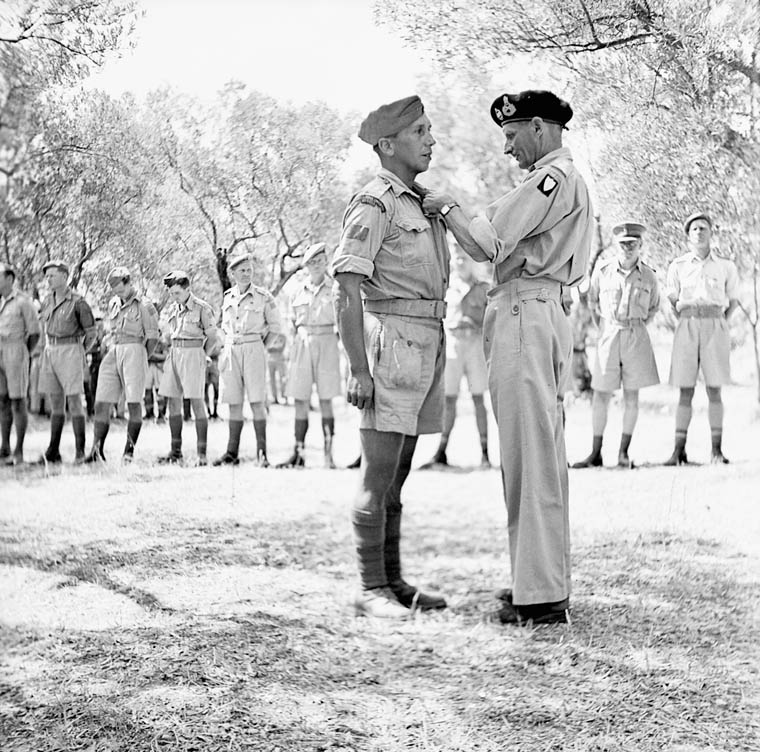 Huron Brant, Mohawk, Ontario,
Huron Brant, Mohawk, Ontario,
receiving his Military Medal in Italy
Library and Archives Canada
Welsford Daniels was one of several thousand Black Canadians who honourably served in uniform during the Second World War. The segregated battalions that characterized the First World War no longer existed in the Second. However, Black soldiers continued to face discrimination and prejudice.
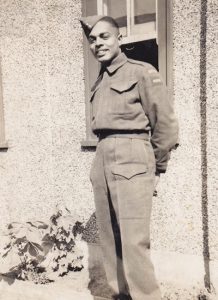 Welsford Daniels, 1943
Welsford Daniels, 1943
Veterans Affairs Canada
During the Korean War, hundreds of Indigenous soldiers, including Tommy Prince, Ojibwa, Manitoba, served in uniform. Awarded 11 medals in the Second World War and the Korean War, Prince is one of Canada’s most-decorated Indigenous war veterans.
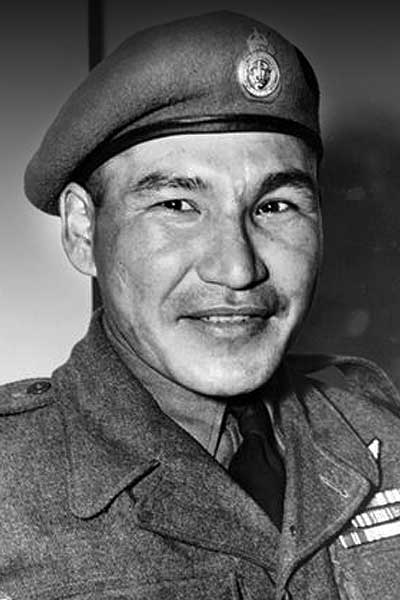 Tommy Prince during the Korean War
Tommy Prince during the Korean War
Library and Archives Canada
Despite many military enlistment personnel’s discriminatory attitudes, more than 2,600 Black Canadians served and sacrificed in the First World War.
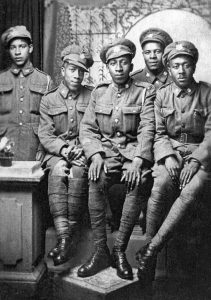 No. 2 Construction
No. 2 Construction
Battalion members, 1917
Veterans Affairs Canada
Canada’s Elsie MacGill was the first woman in the world to graduate as an aeronautical engineer. She worked for Fairchild Aircraft Limited during the Second World War. In 1940, her team’s design and production methods turned out more than 100 Hawker Hurricane combat aircrafts per month.
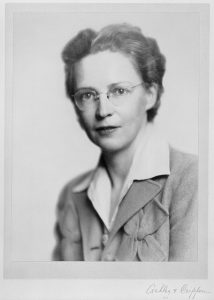
During the Second World War, Indigenous soldiers, including Charles Checker Thompkins, Métis, Alberta, served as “code talkers.” Thompkins translated sensitive radio messages into Cree so they could not be understood if intercepted.
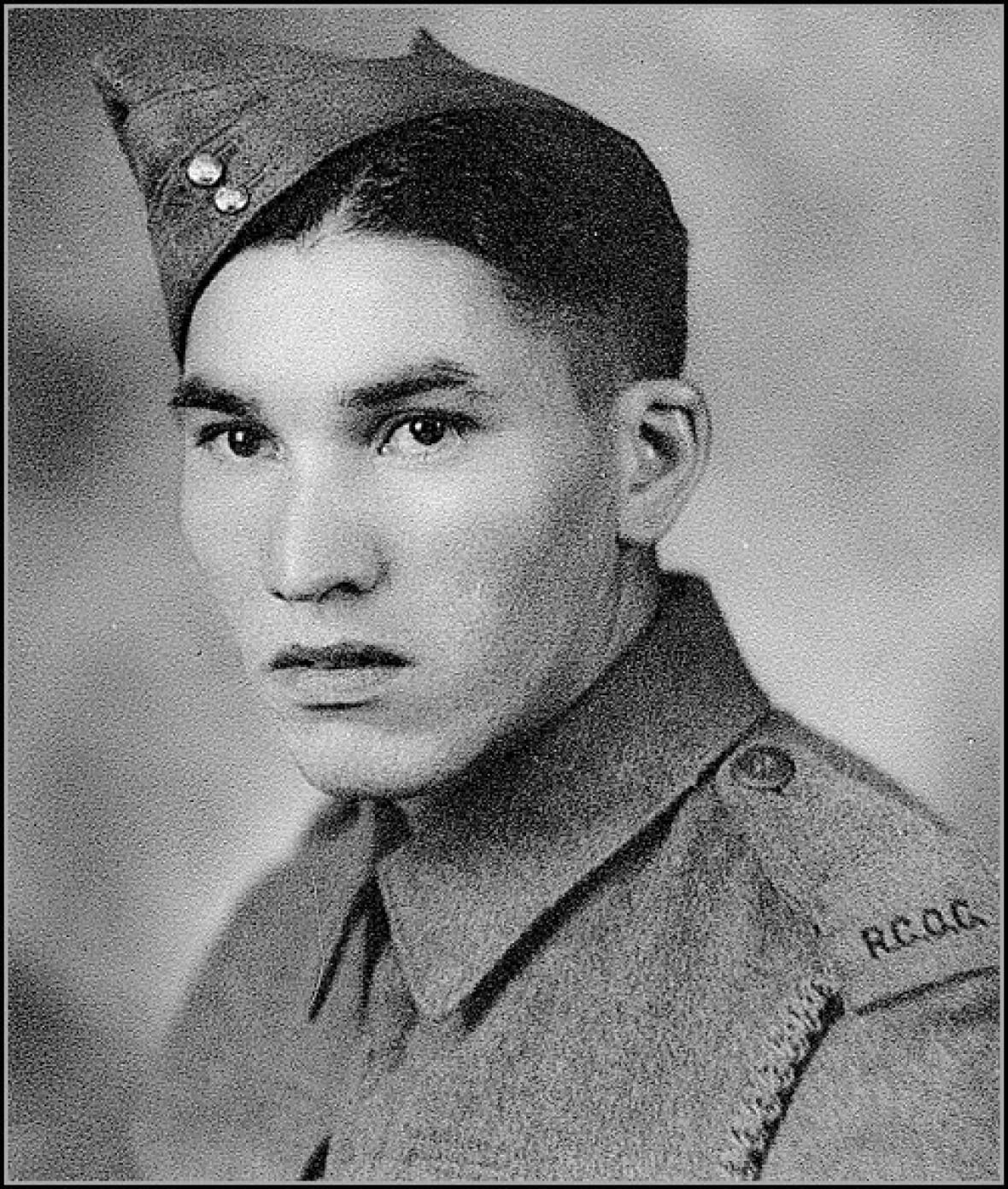 Charles Cheker Thompkins
Charles Cheker Thompkins
CBC
Many Canadian women lobbied the government to play an active role in the military. In 1941-42, the Canadian military was forever changed with the creation of various women’s forces. For the first time, women could serve Canada in uniform. More than 50,000 women served in the armed forces during the Second World War.
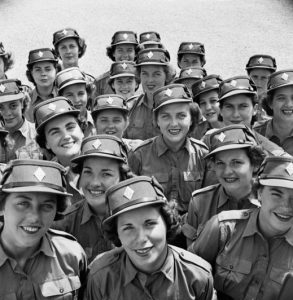 Canadian Women’s Army Corps
Canadian Women’s Army Corps
Training Centre, 1944
Library and Archives Canada
Canadian army doctor Lieutenant Colonel John McCrae (1872-1918) wrote the famous poem, In Flanders Fields. Inspired by wild poppies growing between wartime graves, his poem symbolizes the sacrifices of all who fought in the First World War.
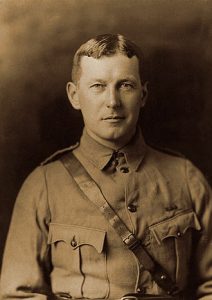 John McCrae
John McCrae
Veterans Affairs Canada
Supporting Returning Veterans
Returning veterans are often dealing with trauma, isolation, and stress. With proper support, they can transition into healthy and productive civilian life. The Institute for Veterans Education and Training (IVET) provides a point of entry to UBC for military-connected individuals transitioning from military service as they explore new academic and career opportunities. By providing counselling services, training, and educational opportunities, IVET can connect veterans with resources and services to help ensure their success in the civilian world.